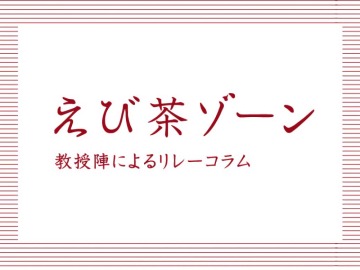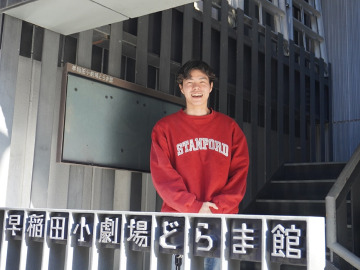
Let's say I'm drinking barley tea. At this time, an outsider cannot tell whether I "drank it because I wanted to drink barley tea," or whether I actually wanted to drink beer but only had barley tea and cola available, so I "reluctantly chose barley tea."
In modern society, having choices is inherently a good thing. Whether it's things, people, career paths, or jobs, choosing what you think is best from multiple options allows you to obtain what you want. Having multiple options available is also significant in the sense that it respects the wishes and preferences of each individual.
On the other hand, as mentioned above, we must not overlook the fact that there are times when people are forced to make a certain choice due to the circumstances and context. Choosing from the options presented within society's existing systems and values does not necessarily mean that the person is making a voluntary or intrinsic decision. For example, when it comes to difficult choices such as abortion, suicide, or euthanasia, the room for choice is particularly narrow for those in socially vulnerable positions. It is important to pay attention to the "limitations" of others. Distancing ourselves by assuming that it is the person's choice could result in leaving them to deal with their limitations.
The respect for diversity that is so loudly proclaimed today is not synonymous with respect for self-determination. Nor does it mean that the strong sympathize with and approve of the weak. Rather than "respecting your choices/decisions" while leaving the limits of choice in place, what is needed is an attitude that seeks to dismantle the problematic structures of society in order to "guarantee options that fulfill your will/desires."
(M.S.)
1183rd






![[Save version] Map of the four main campuses](https://www.waseda.jp/inst/weekly/assets/uploads/2025/09/17cb2975123fc5103172ef60bd98608d-610x458.jpg)

